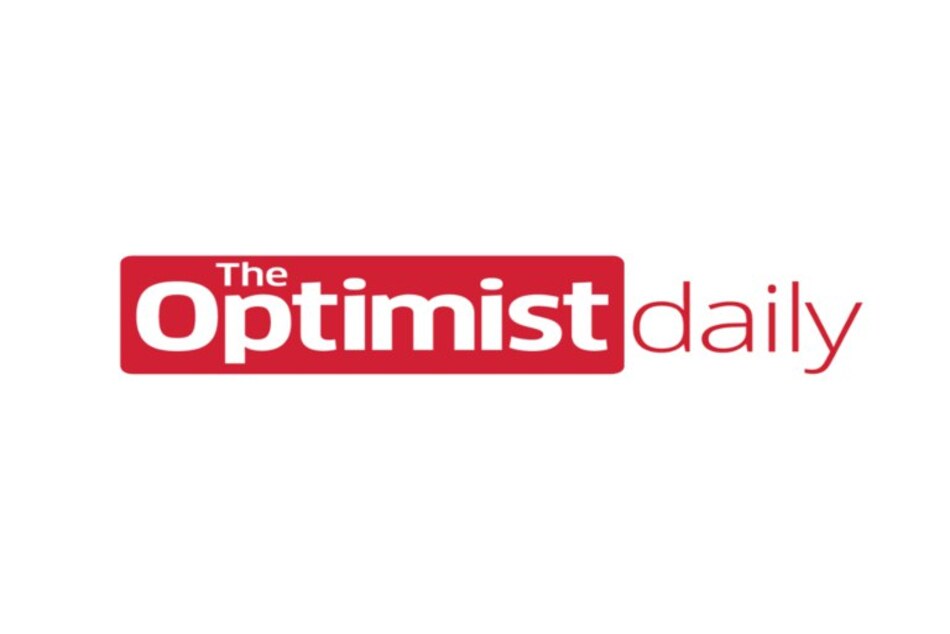In recent years, perovskite solar cells have emerged as a promising technology in the field of renewable energy, showing potential to outperform the monocrystalline silicon solar cells widely used today.
One of the main challenges that have so far restricted them from large-scale adoption is that they tend to degrade quickly when exposed to elements like water, UV light, and oxygen. Now, according to a team of scientists in Australia, we may soon be able to overcome this problem with a rather unusual solution: human hair swept up from barbershops.
“Currently, all the reported high-performance perovskite solar cells have been made in a controlled environment with an extremely low level of moisture and oxygen, with a very small cell area which is practically unfeasible for commercialization,” said study author Hongxia Wang.
The newly-discovered solution involved the use of nanodots, which are essentially carbon particles with a diameter no longer than 10 nanometers. The nanodots used in the study were created out of human hair collected from a local barbershop, which was burned at 240 degrees Celsius. The nanodots were then incorporated into the production process of their solar cells.
According to the study, the nanodot-integrated solar cells were more efficient and stable than conventional ones. “[The solution] creates a kind of protective layer, a kind of armor,” explained Wang. “It protects the perovskite material from moisture or other environmental factors, which can cause damage to the materials.”
While more research is needed to find ways to scale the solution, the study’s findings demonstrate the feasibility of using nanodots to improve the performance of perovskite solar cells — all while finding a use for hair that would otherwise go to waste.











